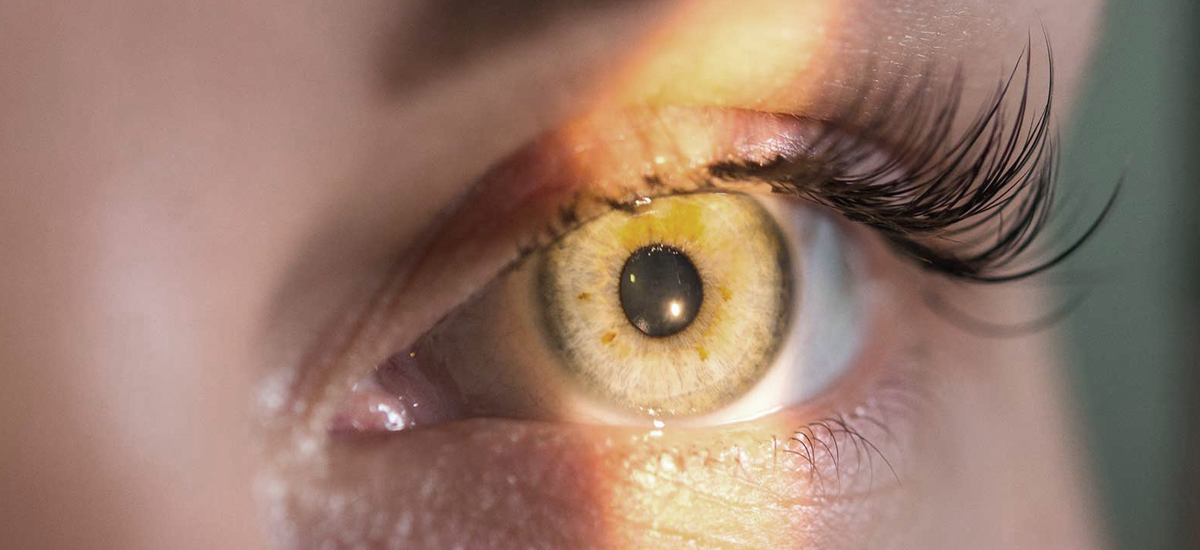What Are the Best Types of Sunglasses for Your Eyes?

From mirrored to dark lenses, your options for men’s and women’s sunglasses are endless. We understand the struggle of trying to find the perfect pair, and it’s even harder if you aren't sure what’s popular or what would benefit your eye health.
To simplify your search, we’re here to answer the question: what are the best types of sunglasses for your eyes? After reading our suggestions, we hope you’ll find a pair that is perfect for your needs.
What are the best types of sunglasses for your eyes?
When selecting new sunglasses, it’s a good idea to review the types of sunglasses lenses. At your neighborhood For Eyes, we offer a wide selection of quality choices at competitive prices.
Here are some of the best types of sunglasses for your eyes.
#1: Polarized Sunglasses
These sunglasses include polarized lenses, which filter through horizontal and vertical light waves. Light can only move in one direction with this style of eyewear, preventing glare altogether.
Here are some other benefits of polarized sunglasses:
- They make it easier to identify shapes and colors, thanks to the superior perception of contrasts.
- They reduce glare and eye fatigue.
- They block excess UV light.
Polarized lenses are also compatible with anti-reflective and scratch-resistant coatings, improving your eyewear even more. Before selecting coatings, assess your lifestyle, and see which would benefit you the most.
#2: Tinted Sunglasses
Tinted sunglasses are one of the best types of sunglasses for your eyes. Depending on your lifestyle and style preferences, different colors may suit you. At For Eyes, we offer brown, green, and grey tints to protect your eyes and accommodate your fashion requirements.
Here are the benefits of tinted sunglasses:
- They eliminate glare.
- They enhance color perception, making them ideal for athletes and long-distance drivers.
- They feel more comfortable on your eyes than other types of sunglasses, making them some of the best sunglasses for sensitive eyes.
Note: The darker the tint, the higher the protection from the sun is. If you’re choosing sunglasses for fashion reasons alone, lighter sunglasses will suffice. Just remember that despite your choice in color, all tinted sunglasses work the same: by deterring excess light from entering the lens.
#3: UV-Blocking Sunglasses
There’s nothing like spending time outdoors and soaking up the sunshine. However, excess exposure to the sun can negatively impact your eyes due to the amount of UV light present. To safeguard your eyes from UV light, consider UV-blocking sunglasses.
Here are some benefits to this type of eyewear:
- It can help prevent eye damage caused by UV rays.
- It can reduce the amount of UV light that passes through your eyes.
- It can add an extra level of UV protection on top of regular sunglasses.
At For Eyes, all of our sunglasses come with top-of-the-line UV defense. However, you can also add a UV-protective coating to reduce your eyes’ contact with UV light further.
Summary: Top Sunglasses for Eye Health
Sunglasses play an essential role in your eye health, and when you shop at one of our optical stores, you have an abundance of options. So, what are the best types of sunglasses for your eyes? We recommend polarized sunglasses, tinted sunglasses, and UV-blocking sunglasses.
Depending on your needs, one option may suit you better than another. However, something to keep in mind is you can add extra coatings to most of our sunglasses (prescription and non-prescription), so if you like a few styles, you may be able to combine them.
If you’re ready to purchase new outdoor eyewear, now’s the time. Let us help you find the perfect style for your needs.
Shop at For Eyes for your next pair of sunglasses
Protect your eyes with our stylish assortment of sunglasses from top brands. With styles for every season, keeping your eyes safe year-round is a breeze.











